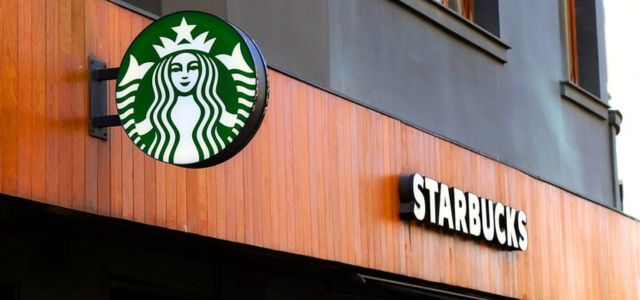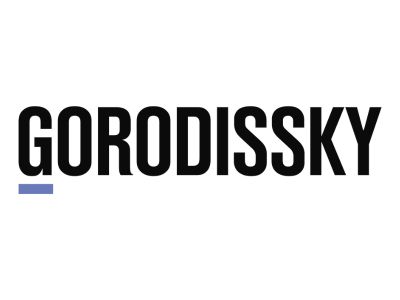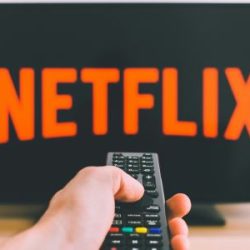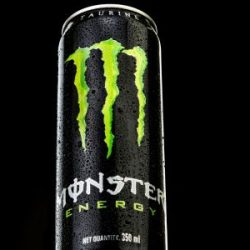Intellectual property in Russia marches on by fits and starts. The beginning of 2024 showed that the Russian Patent and Trademark Office (Rospatent) received a record number of trademark applications over two months – 19,500 – which is 1.5 times more than the same period in the previous year. However, there are trademarks whose owners do not conduct business in Russia and consequently fall within three years of non-use, which may lead to the loss of their valuable assets.
To preserve their rights, trademark owners are advised to renew supplies of the trademarked goods, at least in limited quantity, or file the same trademark application before someone else does it. For instance, R-Climate Ltd., a Russian company, intended to cancel ERICSSON and wanted to produce heaters and refrigerators under that label.
Similarly, restaurateur Pinsky filed a non-use cancelation action against Starbucks’ trademark. The story of the STARBUCKS trademark is full of unexpected turns. Back in the ’90s, Starbucks Corporation registered a number of its trademarks in Russia, and, while it was preparing to move into Russia to open coffee shops, its trademark was canceled because of non-use by a Russian company Starbucks Ltd. Following this, Starbucks registered the trademark in its own name. It was a clear case of unfair competition, and Starbucks Corporation spent a fortune to regain its trademark.
Starbucks Corporation was very successful in Russia, opening more than 100 stores. However, in 2022 some foreign companies left Russia because of the events in the Ukraine. The STARBUCKS trademarks remained valid but, as time went on, non-use was hovering over the trademarks.
In the meantime, trademark squatters were watching. They swooped in and filed many similar words and figurative trademark applications similar to the Starbucks Siren, such as STAR BOX, STARFIX, STARKEX, STARLEX, STARTAX, STARMAX, and many others including:

Some of these trademarks were filed by restaurateur Pinsky. Trademark applications, though filed, were left without action pending the outcome of his court action on non-use. Pinsky bought out all of Starbucks’ assets one year ago and changed the name of the coffee shops to Stars Coffee.
Cancellation of trademarks because of non-use is not rare. In 2022, the court handed down 262 judgments on non-use. Sometimes cancelation actions are included in more complicated schemes. For example, JVC fell victim to Saberta Ventures, a foreign company registered in the West Indies. Saberta Ventures issued a license to “Million of Goods,” a Russian trading company that, in turn, buys goods from Smart International Distribution Ltd., a company in Hong Kong. Smart International Distribution Ltd. allegedly has facilities in several countries and engages in canceling many trademarks owned by various companies including those from China. From the beginning of 2024, it has started 13 non-use cases in court regarding trademarks owned by Amazon, Michelin, NEC, Shiseido, Victoria’s Secret, and Xiaomi.
One may only wonder what that company will do with its wide collection of other people’s trademarks. The canceled or to-be-canceled trademarks cover a very large variety of goods, which means that Smart International Distribution Ltd. will not manufacture the goods itself but will buy them elsewhere, label them with the canceled trademarks, and throw them on the Russian market. Even if those trademarks are free from registration, many of them are too familiar to the consumers, and indiscriminate marking of goods with familiar trademarks will inevitably lead to misleading consumers.
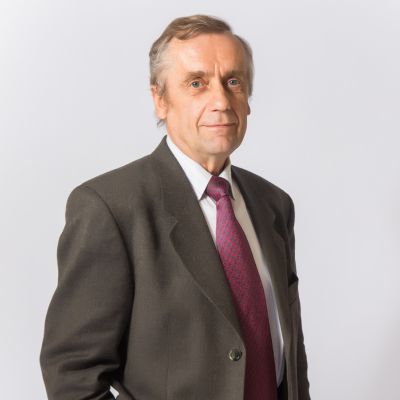
Written by Vladimir Biriulin
Partner, Gorodissky & Partners
You may also like…
No Results Found
The page you requested could not be found. Try refining your search, or use the navigation above to locate the post.
Contact us to publish in the IP knowledge Hub


